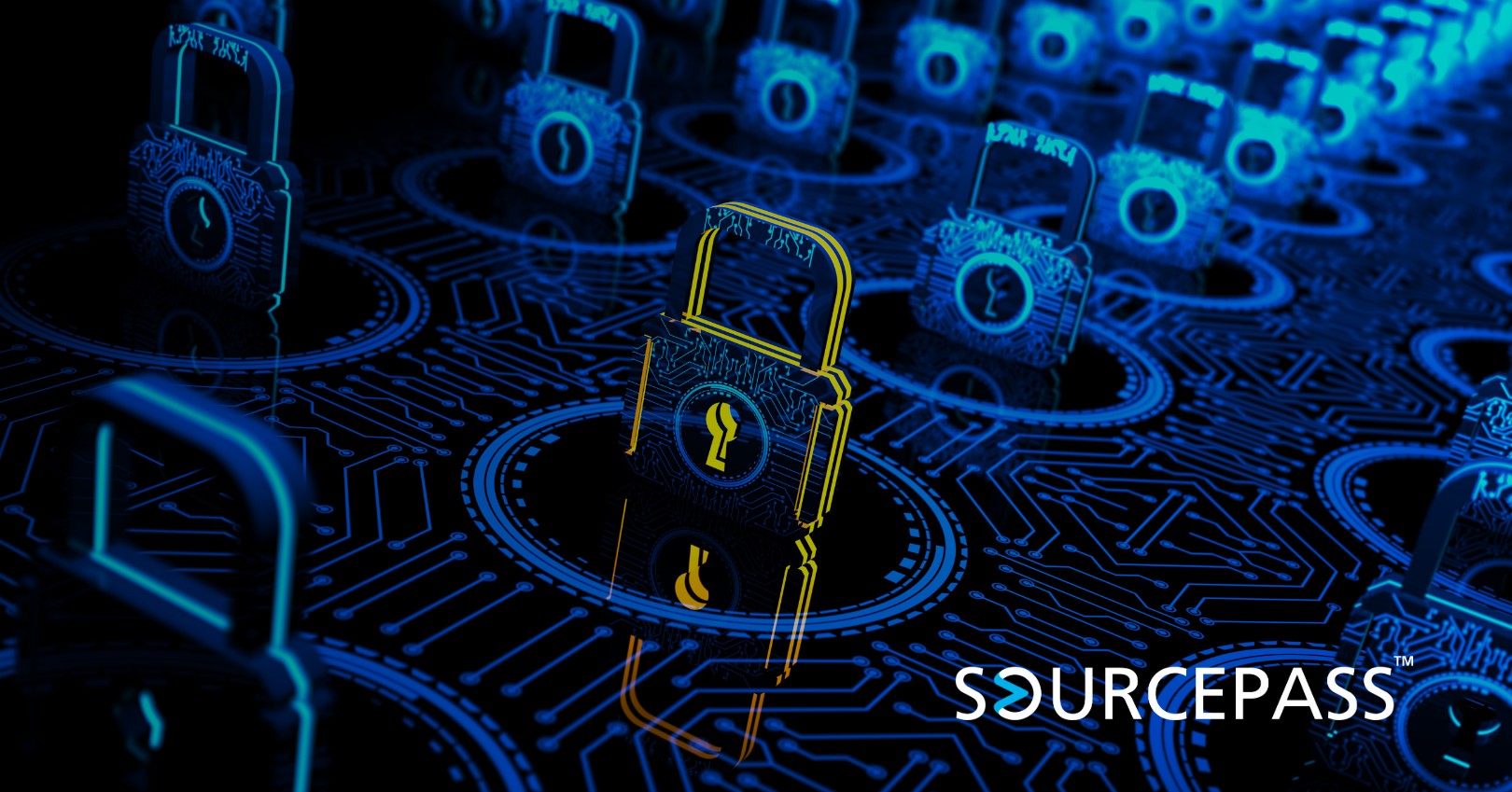Top Reasons Why Cybersecurity Must Be Built Into Your IT Roadmap from Day One
May 12, 2025 Alex Davis Security & Compliance | Security Assessments 2 min read



When businesses start planning their IT roadmaps, it’s easy to focus on the exciting parts: New software. Smoother operations. Scalable infrastructure. Cloud migration. But there’s one critical element that must be front and center from the very beginning: Cybersecurity.
Why Cybersecurity is Crucial to Your IT Roadmap
Security isn’t something you can easily add on later — not without serious risk, cost, and complexity. If you want a roadmap that actually supports growth, innovation, and resilience, cybersecurity must be baked in from Day One.
Reason 1: Every Technology Decision Has Security Implications
Whenever you introduce new systems, applications, or processes, you also introduce new:
- Attack surfaces
- Vulnerabilities
- Compliance obligations
Even seemingly small decisions — like choosing a cloud vendor or enabling remote access — can have major security consequences if they aren't properly planned.
By building cybersecurity into your IT roadmap, you ensure that:
- New systems are evaluated with security in mind
- Risk assessments happen before implementation
- Controls like encryption, authentication, and monitoring are standard, not afterthoughts
Key Takeaway:
Security isn’t a separate project. It’s part of every project.
Reason 2: Cyber Insurance Is Getting Stricter and More Expensive
Many businesses assume that having cyber liability insurance will save them if something goes wrong. But insurers are tightening standards dramatically.
Today, to even qualify for affordable cyber insurance (or to avoid having a claim denied), you may be required to prove you have:
- Multi-factor authentication (MFA) deployed everywhere
- Regular employee security training
- Incident response plans
- Endpoint detection and response (EDR) solutions
- Regular vulnerability assessments
If you haven’t built cybersecurity into your roadmap from the beginning, meeting these requirements later can become a mad scramble — one that’s expensive and disruptive.
Key Takeaway:
Proactive security planning protects your business AND your ability to get insured.
Reason 3: The Cost of Reactive Security Is Much Higher
When businesses treat cybersecurity as an afterthought, they often face:
- Emergency projects to patch gaps
- Higher costs for retrofitting secure infrastructure
- Operational downtime during rushed security upgrades
- Fines or penalties for non-compliance
And, if a breach does occur, the costs of remediation, lawsuits, regulatory investigations, and brand damage can be devastating — especially for small to mid-sized businesses.
Investing early in cybersecurity as part of your IT roadmap is far cheaper — and far less painful — than reacting after something bad happens.
Key Takeaway:
Preventing problems is always less expensive than fixing them.
Reason 4: Security Builds Trust, and Trust Drives Growth
Your customers, partners, and employees expect you to protect their data. Increasingly, cybersecurity isn’t just a technical issue — it’s a business trust issue.
By demonstrating a mature, proactive approach to security, you:
- Strengthen customer loyalty
- Create competitive differentiation
- Enable smoother partnerships and vendor relationships
- Position your brand as responsible and resilient
Particularly in industries like finance, healthcare, and education, a weak security posture can cost you business — not just after a breach, but well before it.
Key Takeaway:
Strong cybersecurity isn’t just about risk reduction. It’s a growth enabler.
How to Build Cybersecurity into Your IT Roadmap
- Conduct a baseline security assessment early in the roadmap process.
- Prioritize critical security initiatives alongside business-driven projects.
- Layer security into every technology decision, from endpoint devices to cloud services.
- Budget for cybersecurity — tools, training, and ongoing governance — as a core investment, not an optional add-on.
- Plan for compliance requirements relevant to your industry (like HIPAA, GDPR, CMMC, etc.).
- Establish incident response and recovery plans before you need them.
Want to make cybersecurity a core part of your IT strategy?
At Sourcepass, we help businesses design IT roadmaps where security is a foundation, not an afterthought — helping you get ready for what’s next without putting your business at unnecessary risk.
Contact Sourcepass to speak with a Sourcepass Specialist to learn more!
Subscribe To
Sourcepass Insights
Sourcepass Insights
Stay in the loop and never miss out on the latest updates by subscribing to our newsletter today!



